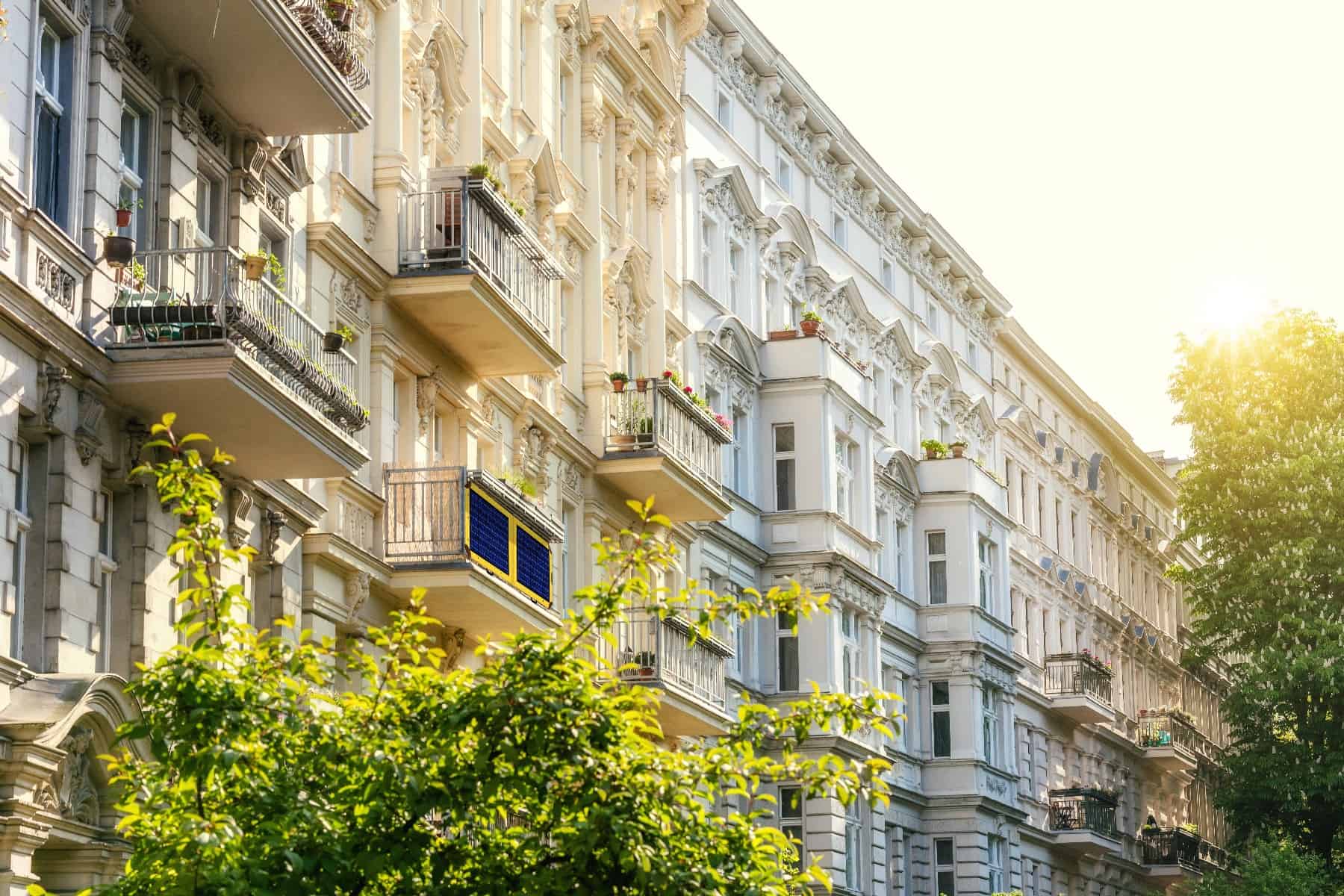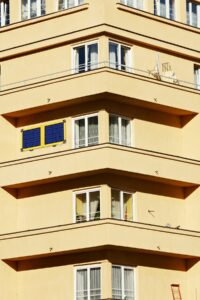
The Viennese start-up base.energy wants to use balconies to generate electricity. With a new type of solar module, they also enable tenants to become independent of the electricity grid.
Do-it-yourself electricity also in the city
Until now, solar systems were reserved for owners of single-family homes. A roof of your own and larger sums of money were the prerequisites for participating in the energy transition. With individual solar modules for balconies and terraces, base.energy now also addresses apartment tenants.
Solar panels for apartments
The solar modules in lightweight construction are hung on a balcony or set up in a field in just a few steps. The solar panel converts sunlight into electricity for conventional electronic devices.
With its power, SolApe generates enough electricity to chill beer, play a game console for hours or toast bread.
At home, the solar module feeds the generated electricity into the household grid to slow down the electricity metre and save on energy costs. In an average household, electricity costs can be reduced by up to 7% with a solar module for the balcony.
If there is no socket on the balcony into which the electricity can be fed, base.energy has developed a special flat cable that allows the solar module to be fed safely through closed windows and doors without tools or drilling.
Giant market
Not only in Germany but also in Austria, almost half of the people live in rented apartments. So far, no one has seriously considered an independent power supply for tenants.
We want to help people to get solar power quickly and easily.
Niederkircher believes in the great potential of his developments. The founder is no stranger either. His ready-to-plug-in solar module called “Simon” has already won numerous awards and help reduce the bureaucratic hurdles for balcony modules with grid operators.
Bureaucratic hurdles slow down balcony modules
Solar energy is by far the most popular form of energy generation among people, he says. Legal concerns, however, still deter many from balcony modules, Niederkircher admits. Even though the rapid expansion of renewable energies is anchored in numerous social goals, hanging a single solar module on a balcony can lead to conflicts with apartment owners or authorities. The external appearance of an apartment building should not be marred by individual residents. Some tenancy agreements explicitly prohibit the design of balcony areas.
Standardisation also does not yet know how to deal with the new developments. The fact that solar modules can be connected to conventional sockets has not yet been taken into account.
Safety is an extremely important issue. However, some of the standardisation specifications are completely unrealistic and do not take into account the latest developments in the field.
Pilot project in Munich
In a joint campaign, base.energy and the Munich Association Green City are looking into the framework conditions for balcony modules. The EU-funded project wants to find out what Munich citizens think. What do people think of solar modules that are suddenly no longer hidden on roofs but move into the visible area on balconies and terraces?

